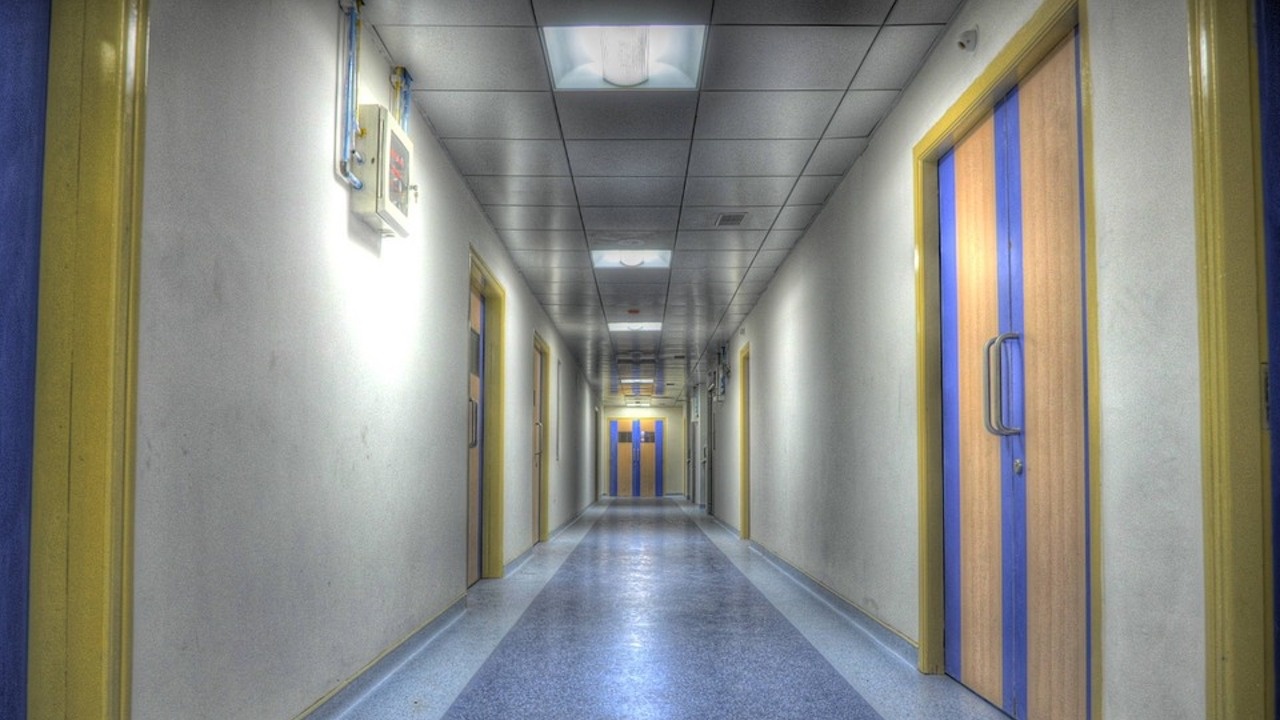The countries of the Pan American Health Organization approved this Friday (08.05.2022) a resolution that defends equitable access to the monkeypox vaccine in America, PAHO reported in a statement.
Some 10,000 monkeypox infections have been reported in the Americas in 24 countries since the start of the outbreak, accounting for 36% of global cases, he noted.
To deal with the outbreak, PAHO’s directing council adopted, during a special session, a resolution requesting the director, Carissa Etienne, “to facilitate a coordinated response and take measures to support its member states in having access to this vaccine through the organization’s Revolving Fund”.
revolving fund
In addition, it asks the countries of the region to recognize this revolving fund “as the most appropriate strategic regional technical mechanism to provide equitable access to this and other vaccines.”
Etienne considered that the transmission of the virus can be stopped if some recommendations are followed, such as communicating the risks, involving the affected communities and favoring early detection and surveillance, as well as treating and isolating patients. Contact tracing would also need to be done.
But “pre- or post-exposure vaccination could be a complement to other measures,” Etienne said.
Today, he said, there is only one third-generation monkeypox vaccine in the world and it is made by a single producer, with whom PAHO is negotiating despite the fact that supplies “are extremely limited.”
Vaccine priority for specific groups
PAHO’s technical advisory group recommends that countries prioritize vaccines for specific groups, as well as for close contacts of a confirmed case.
The vast majority of cases occur in men who say they have sex with men and have been infected through exposure through sexual contact.
Symptoms include fever, severe headache, swollen lymph nodes, muscle pain, and a rash that forms blisters and crusts.
The rash is usually concentrated on the face, the palms of the hands, and the soles of the feet. The mouth, genitals, and eyes may also be affected.
Symptoms can be mild or severe and usually last for several weeks, during which time the person can infect others. Most people recover in a few weeks without treatment.
jc (afp, efe)
–


